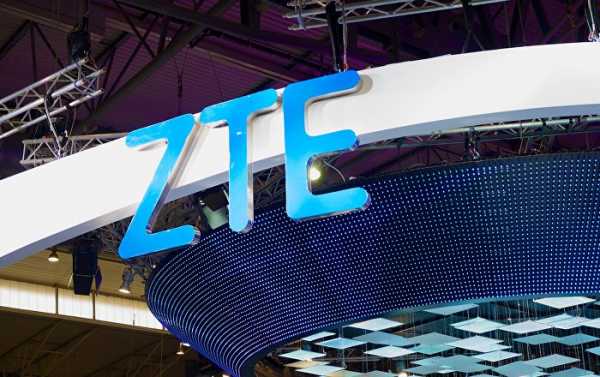
The future of China’s No.2 maker of phones and networking gear is uncertain, as the seven-year US blockade is sending US-China trade tensions up a notch.
ZTE, which accounts for about 10 percent of the global telecoms equipment market, and 30 percent of China’s, has suspended all its major operations amid a US blockade that has brought its main businesses to a standstill and which could precipitate the company’s downfall.
Faced with falling sales and dwindling revenues, ZTE sees the coming fortnight as critical to its efforts to end a seven-year US blockade imposed by Washington, Bloomberg has reported.
In April, the US Commerce Department blocked American companies from selling parts or providing services to ZTE until 2025. Washington has accused ZTE of violating US sanctions on North Korea and Iran.
The US ban has effectively cut off ZTE’s access to American technology that it needs to build most of its products, from semiconductors to optical chips.
The US ban came just as ZTE was gearing up to charge into the era of fifth-generation wireless technology, along with local rival Huawei technologies Co. and just days after Chinese President Xi Jinping urged the United States to allow Chinese companies to buy more high-tech products from American firms.
If ZTE goes out of business, it would be the most dramatic development yet in the looming trade war between Beijing and Washington.
Adding to ZTE’s worries, the US Defense Department announced last week that it would ban the sale of phones manufactured by ZTE and Huawei at its military bases around the world due to concerns that Beijing could hack into phones for intelligence gathering purposes.
“Huawei and ZTE devices may pose an unacceptable risk to the Department’s personnel, information and mission,” Pentagon spokesman Major Dave Eastburn, said.
“In light of this information, it was not prudent for the Department’s exchanges to continue selling them to DOD personnel,” he added.
The Chinese companies have denied any wrongdoing.
“We remain committed to openness and transparency in everything we do and want to be clear that no government has ever asked us to compromise the security or integrity of any of our networks or devices,” Huawei said in a statement.
In March, US President Donald Trump signed a memorandum to introduce new tariffs on imports from China, a trade action that the president said could be worth around $60 billion.
The White House said the tariffs are designed to offset the advantages that Beijing has received through unfair trade practices.
China’s Commerce Ministry responded by imposing new import tariffs on 128 US products.
Sourse: sputniknews.com






